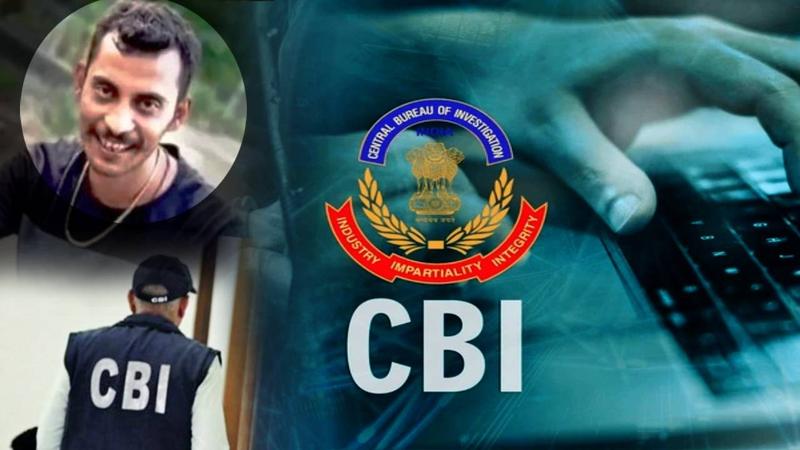Published 19:33 IST, August 27th 2024
CBI to Seek AIIMS Help on DNA, Forensic Evidence to Confirm if Only Sanjay Roy Was Involved
To strengthen their case, the investigating agency intends to consult AIIMS Delhi for expert opinion.

New Delhi: The Central Bureau of Investigation (CBI) is seeking expert consultation from the All India Institute of Medical Sciences (AIIMS) on the DNA and forensic reports in the case of the alleged rape and murder of a trainee doctor at RG Kar Medical College. This step is part of the agency's efforts to "build a watertight case," officials said.
To strengthen their investigation, the CBI plans to "send the reports to AIIMS to seek their opinion in the case," they said. This expert analysis will also aid the agency in determining "if Sanjay Roy was the only accused who committed the crime or there were others involved."
In another development, the CBI has approached a Kolkata court to seek permission for a polygraph test of Kolkata Police ASI Anup Dutta. The agency is probing whether Dutta had any prior acquaintance with Roy and if he "extended any help to the accused after the crime."
Although Dutta has already been questioned, the CBI continues to explore the possibility of other accomplices, with the involvement of AIIMS experts being crucial to final conclusions.
The investigation is also focusing on the former principal of the medical college, Sandip Ghosh, whose polygraph test entered its second day on Tuesday. Ghosh had previously undergone a layered voice analysis on Saturday, followed by the polygraph test starting Monday. The polygraph test resumed on Tuesday after it could not be completed the previous day.
Layered voice analysis, a newer deception detection test (DDT), was used to "detect the speaker's reaction to a lie." Unlike other methods, this technology identifies stress, cognitive processes, and emotional cues through vocal properties rather than identifying a lie outright.
The polygraph test, another DDT, is utilized to "assess inaccuracies in statements of suspects and witnesses" by monitoring physiological responses such as heart rate, breathing patterns, sweating, and blood pressure. However, these tests are "not admissible evidence during the trial" and can only serve as leads in the investigation.
The case has ignited widespread protests following the discovery of the junior doctor's body with severe injury marks inside the seminar hall of the hospital's chest department on August 9.
Kolkata Police arrested Roy on August 10 after CCTV footage showed him entering the seminar hall at 4:03 AM on the day of the crime. Extensive interrogation revealed "recent injuries" on Roy, including marks on his left cheek, hand, and thigh, indicating a struggle. His biological samples, including urethral swab and smear, semen, hair, nail clippings, and nail scrapings, were collected during a medico-legal examination.
On August 13, the Calcutta High Court transferred the investigation from Kolkata Police to the CBI, which began its probe on August 14. Since then, the CBI has taken over all forensic evidence and conducted polygraph tests on Roy, Ghosh, four doctors on duty with the victim, and a civic volunteer in an effort to uncover further leads.
The agency is currently analyzing initial reports from CFSL and corroborating them with other evidence to determine the next steps in the investigation.
Updated 19:33 IST, August 27th 2024




